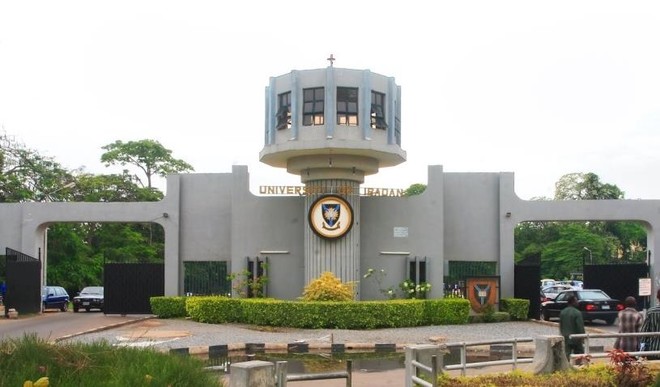‘Conflicts, violent events in Nigeria centre around climate change’
The Director, Institute for Peace and Strategic Studies, University of Ibadan, Prof. Tajudeen Akanji has said that most of the conflicts and violent events occurring in Nigeria are the consequences of climate change problems, especially the effects on scarce resources and bulging youth population. He said to restore peace, it is only logical to address […]

University of Ibadan, UI
The Director, Institute for Peace and Strategic Studies, University of Ibadan, Prof. Tajudeen Akanji has said that most of the conflicts and violent events occurring in Nigeria are the consequences of climate change problems, especially the effects on scarce resources and bulging youth population.
He said to restore peace, it is only logical to address the two core issues of climate change and problems of harnessing the potentials of youth for sustainable peace and development to take place.
Prof Akanji, who stated this while delivering a keynote address at the Climate Action Youth Dialogue to mark the 2019 International Day of Peace organised by the Nigerian Conservation Foundation (NCF), in collaboration with the Federal University of Agriculture Abeokuta (FUNAAB) recently in Abeokuta, Ogun State, said the impacts of climate change are felt in different locations across the globe in different manners.
“In our case in Nigeria, climate change has led to desertification, soil erosion, flooding and such other natural disasters that have contributed to escalating level of poverty, miseries, loss of livelihoods and conflicts,” he said
He further stated that the recently celebrated destruction of Sambisa forests by the Nigerian military and government because of alleged infestation of the forests by Boko Haram elements is another potential disaster to the Nigerian natural environment.
He noted that the forests had earlier been bedeviled by illegal logging activities which went on unnoticed by the authorities in the large part of the North- East and exposed the area to massive desertification in spite of the occasional sporadic tree planting campaigns by the relevant government agencies.
He however said the youths can to reduce the emission of greenhouse gases by involving themselves massively in tree planting to restore the lost forests and embarking on sustainable management of existing forests to recapture the land from desertification and restoring lost nutrients to the soil.
